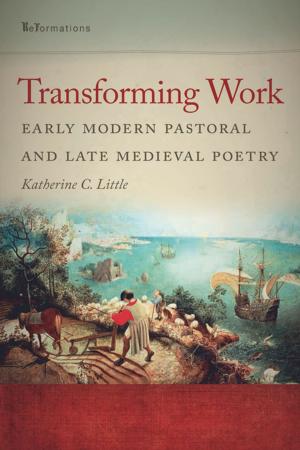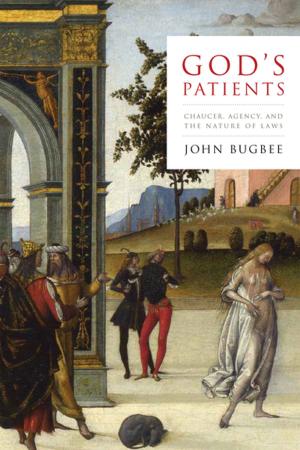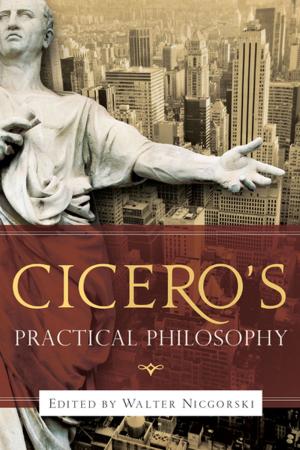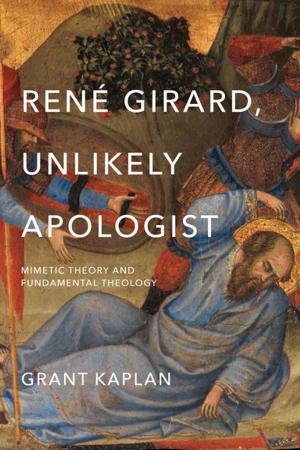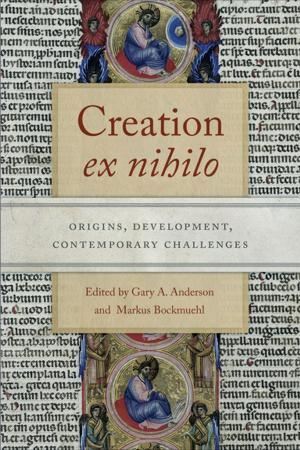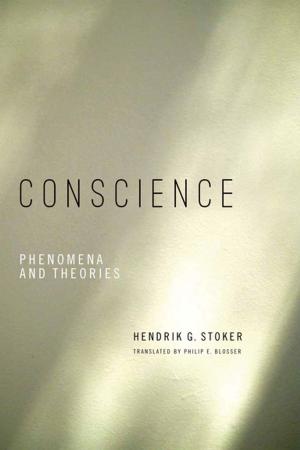A First Glance at St. Thomas Aquinas
A Handbook for Peeping Thomists
Nonfiction, Religion & Spirituality, Philosophy, Medieval, History, Criticism, & Surveys, Religious| Author: | Ralph McInerny | ISBN: | 9780268161316 |
| Publisher: | University of Notre Dame Press | Publication: | December 30, 1989 |
| Imprint: | University of Notre Dame Press | Language: | English |
| Author: | Ralph McInerny |
| ISBN: | 9780268161316 |
| Publisher: | University of Notre Dame Press |
| Publication: | December 30, 1989 |
| Imprint: | University of Notre Dame Press |
| Language: | English |
Thomism is solidly based on the assumption that we know the world first through our senses and then through concepts formed on the basis of our sense experience. In this informally discursive introduction to St. Thomas Aquinas, Ralph McInerny shows how this basic assumption contrasts with dominant modern alternative views and is developed by Thomas into a coherent view of ourselves, of knowledge, and of God. McInerny first places Thomism in context within philosophical inquiry, discussing the relationship between philosophy and theology, and between modern and classical views of philosophy. He then describes the challenges Thomas faced with the introduction of Aristotle’s works into the Christian West. The reader is subsequently guided through such key concepts as art, nature, causes, and motion and shown how Thomas used these concepts to resolve the problems presented by Aristotle. Each chapter is tied to a specific Thomistic text, providing a sample from a number of Thomas’s works.
Thomism is solidly based on the assumption that we know the world first through our senses and then through concepts formed on the basis of our sense experience. In this informally discursive introduction to St. Thomas Aquinas, Ralph McInerny shows how this basic assumption contrasts with dominant modern alternative views and is developed by Thomas into a coherent view of ourselves, of knowledge, and of God. McInerny first places Thomism in context within philosophical inquiry, discussing the relationship between philosophy and theology, and between modern and classical views of philosophy. He then describes the challenges Thomas faced with the introduction of Aristotle’s works into the Christian West. The reader is subsequently guided through such key concepts as art, nature, causes, and motion and shown how Thomas used these concepts to resolve the problems presented by Aristotle. Each chapter is tied to a specific Thomistic text, providing a sample from a number of Thomas’s works.

